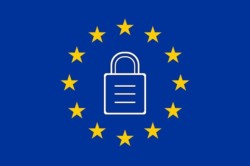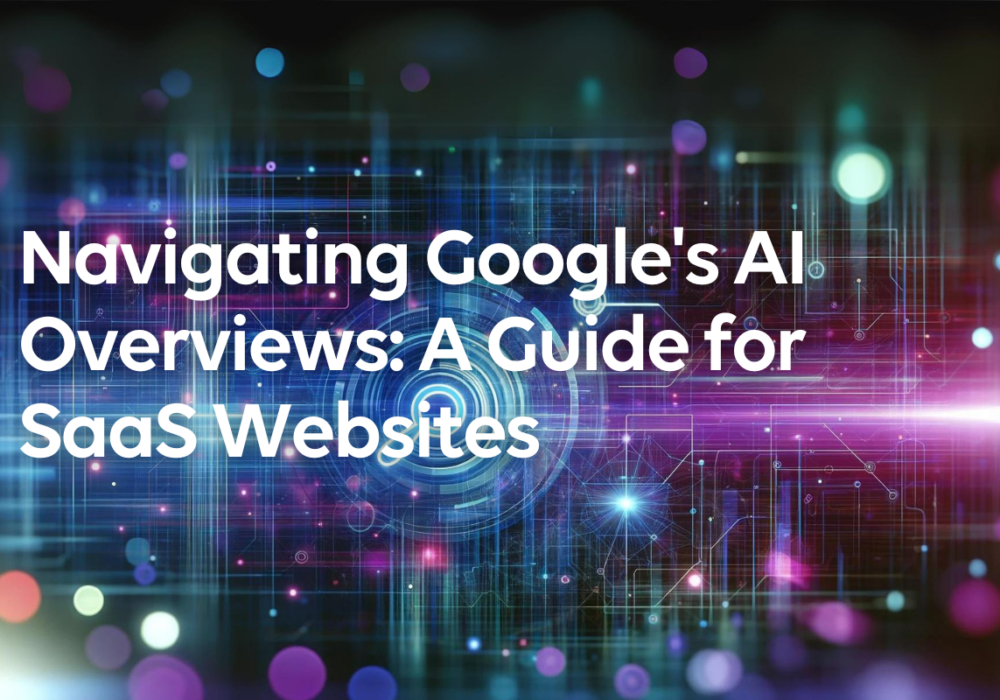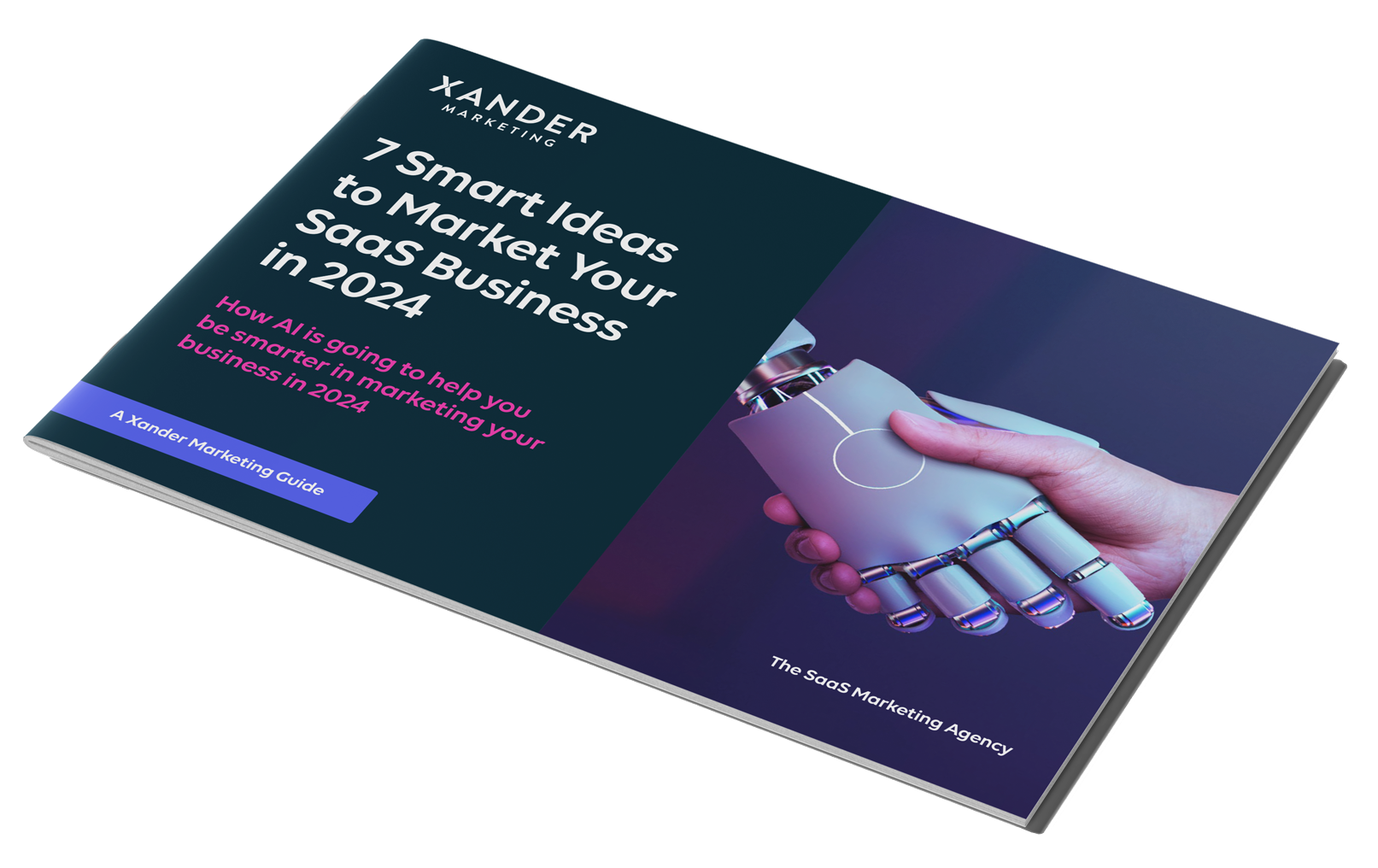GDPR and marketing: What the new privacy standard means for marketers
7th September 2017
 Whether you’ve heard of it or not, GDPR regulations are to be enforced from the 25th May 2018. EU-GDPR (or more formally the European Union General Data Protection Regulation) is the EUs new data protection framework. It affects how you obtain and store data across your whole organisation. There are considerable financial penalties for failing to comply – up to $20m or 4% of annual turnover, whichever is greater, so none of us can afford to ignore it.
Whether you’ve heard of it or not, GDPR regulations are to be enforced from the 25th May 2018. EU-GDPR (or more formally the European Union General Data Protection Regulation) is the EUs new data protection framework. It affects how you obtain and store data across your whole organisation. There are considerable financial penalties for failing to comply – up to $20m or 4% of annual turnover, whichever is greater, so none of us can afford to ignore it.
From a marketing perspective it will have a number of implications, especially for email marketing activity which uses non-opted in data.
As a caveat, we are not lawyers or experts on the GDPR and as far as we know the regulations aren’t 100% finalised, however, at the current time our understanding is:
- These are EU regulations around EU ‘subjects’. So no matter which country your company is domiciled, if you process or store data of EU citizens, you need to comply with these regulations. Furthermore, if you collected data of anyone of any nationality that was physically present in the EU when it was captured you will need to comply with the regulations
- All email recipients need to have given specific consent to receive email from your company
- A privacy policy needs to be updated to include details around how data is stored, how people can access it, sharing and deleting it
- Anyone you email needs to be double opted in, that is when data is captured (such as when downloading a gated marketing white paper), an email needs to be sent to the address provided explicitly asking to confirm their agreement to receive marketing emails from your organisation
The big ramification of this is companies will no longer be able to buy or license data from data houses to power email marketing. Also, companies won’t be able to continue to use the data it has acquired historically from these sources past this date.
[Please note: We’ve spoken with a few leading UK data houses. Again, there is no clear consensus – they are saying different things about whether their data will be or won’t be compliant. Based on our current understanding, commencing 25/05/2018, we will advise our clients not to license data from data houses.]
As a part of your plan before the GDPR comes into force, we recommend the following:
- Update the privacy policy on your website
- Change the way data is opted in:
- Ensure you ask people for specific consent when obtaining their data and want to send marketing emails to them. This may be on a landing page to download a white paper for example where you need to ask and people need to explicitly opt-in (the familiar pre-ticked box tactic is not an acceptable option)
- People need to then double opt in – so an email needs to be sent to check they are happy to receive emails (this ensures that person has actually submitted their email address)
- Data that has been previously licensed, or new data you license:
- You should make the most of it while you can! Nurture as many recipients as possible while you still can to clean and build a solid database of high quality double-opted in data
- Try and get opt-ins for this data while you can still use it; for example rather than sending people to a PDF when they download a white paper, instead, send them to a landing page where they have to opt in to get it
- Nearer the time you may want to send emails asking people if they want to hear from your company and why
This could all change
The regulations aren’t 100% agreed and there still are some grey areas. Our advice is to comply now so you’re in a stronger position come next May.
And what about Brexit and our status of the UK as an EU nation?
The UK government is taking steps to enact GDPR into UK law. This is a vital step if we want to minimise the barriers to trade and security with our EU neighbours once the UK has left the European fold.
GDPR, email marketing or any other marketing
Whether you’re taking steps to becoming compliant with GDPR regulations or looking at the next marketing tactics to replace email marketing, Xander Marketing can help.
Xander Marketing works in partnership with SaaS businesses around the world to support growth through new customer acquisition, increasing leads, generating more website traffic and raising industry awareness. If you lack the time, resource or know how to undertake marketing then get in touch and book your free 30 minute consultation.





